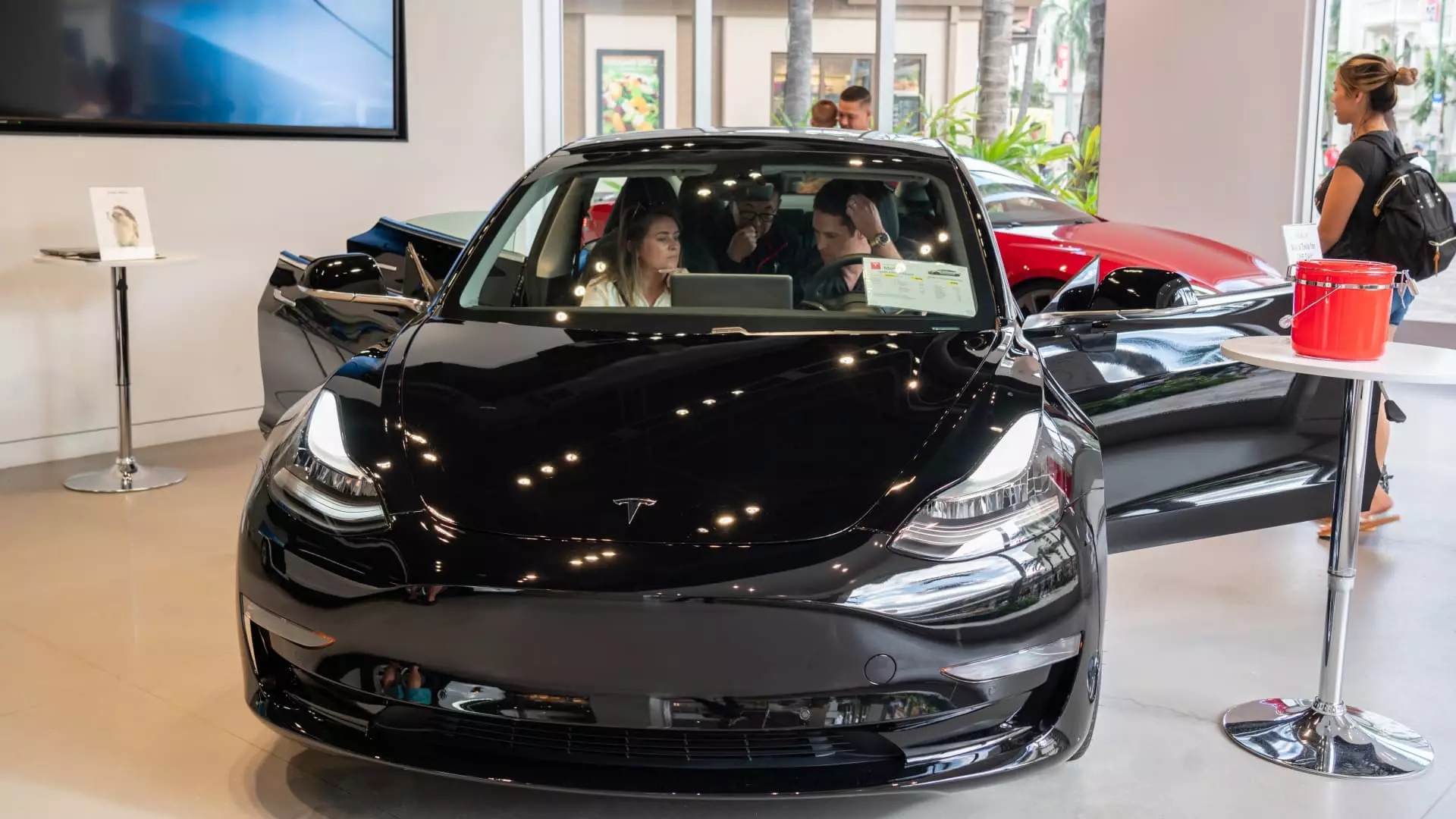While the adoption of all-electric vehicles in the United States has been slower than anticipated, Hawaii stands out as a leader in EV adoption. Currently, Hawaii ranks fifth in overall EV adoption at 11.9% of new retail vehicles sold through February, according to J.D. Power. Moreover, the state ranks third in J.D. Power’s “EV Adoption Score,” behind only California and Washington, with a score of 33.8. Elizabeth Krear, vice president of the electric vehicle practice at J.D. Power, emphasizes the importance of availability in driving adoption rates, noting that when consumers have viable EV options, they are more likely to make the switch.
Several factors contribute to Hawaii’s high EV adoption rates. Ivan Drury, director of insights at auto research firm Edmunds and a resident of Hawaii’s Oahu Island, points to high fuel costs, the availability of renewable energy for charging, and cultural values as key influencers. Hawaii’s strong sense of responsibility towards stewarding the land, as reflected in the term “Aina” in Hawaiian, fosters pride in preserving the environment. The popularity of hybrid models in the state, along with minimal road trip concerns given the island’s size, further encourage the transition to EVs.
Another significant factor driving EV adoption in Hawaii is the high cost of gasoline. With an average price of about $4.72 per gallon, Hawaii’s gasoline prices are among the highest in the U.S. This price disparity, along with the appeal of EVs like the Tesla Model Y, Tesla Model 3, and Ford F-150 Lightning, motivates consumers to make the switch. Scott Sageman, a Tesla Model 3 owner on Hawaii’s Big Island, expresses satisfaction with his EV purchase, highlighting the convenience of not having to buy gas.
Despite Hawaii’s progress in embracing electric vehicles, challenges related to charging infrastructure, affordability, and vehicle choices persist. While EVs account for around 2% of sales at Aloha Kia dealerships, there is a growing interest in the new EV9 SUV and the popular Niro model. Although Hawaii faces similar obstacles to EV adoption as the U.S. mainland, including limited charging options and higher vehicle costs, efforts are being made to expand access and affordability for consumers.
The cost of purchasing an EV from a franchised dealer in Hawaii averages over $62,600 this year, reflecting a decrease from previous years. High prices for EVs are not unique to Hawaii, as upper-income Americans nationwide are more likely to own EVs, with adoption rates increasing significantly. While some consumers may face challenges related to terrain impacting EV range, advancements in technology and infrastructure are continually improving the EV ownership experience.
Overall, Hawaii’s success in electric vehicle adoption serves as a model for sustainable transportation practices, highlighting the potential for widespread EV usage in the future. By addressing existing challenges and leveraging unique advantages like renewable energy sources and cultural values, Hawaii can continue to lead the way in promoting a cleaner and greener transportation landscape.

